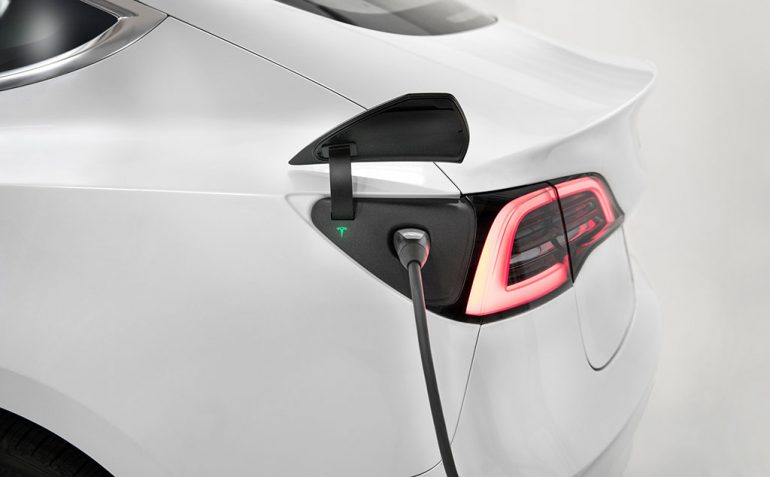
In a move reflecting the ongoing debate over the future of the automotive industry, the Republican-led House of Representatives in the United States voted on Wednesday to prevent the Biden administration from advancing stringent regulations mandating that 67% of new vehicles be electric by 2032. The legislation, sponsored by Republican Tim Walberg, emphasizes the importance of considering alternative technologies such as hydrogen, hybrids, and the internal combustion engine alongside electric vehicles (EVs).
The vote, with 221 in favor and 197 against, saw five Democrats aligning with 216 Republicans. The White House responded with a threat to veto the decision, asserting that it could “catastrophically impair” the U.S. Environmental Protection Agency’s (EPA) capacity to enforce automotive regulations. This action marks a continuation of the political divide on environmental policies, with former President Donald Trump expressing a commitment to overturning the Biden administration’s electric vehicle rules.
Also, don’t forget that you can get discounted new car pricing with a free quote through qualified local dealer partners.
The EPA’s proposed regulations, spanning from 2027 to 2032, aim to achieve a 56% reduction in emissions compared to existing 2026 requirements, translating to an average annual pollution cut of 13%. The agency projects a significant reduction of over 9 billion tons of carbon dioxide emissions through 2055, surpassing twice the total U.S. CO2 emissions recorded last year. The finalization of these rules is anticipated early next year.
However, stakeholders in the automotive industry, including automakers, auto dealers, and the United Auto Workers (UAW) union, have expressed concerns about the stringent nature of the proposed regulations. They are urging the Biden administration to adopt a less rigid proposal, emphasizing the need for feasibility, a gradual increase in stringency, and an extended timeframe for the adoption of zero-emission vehicles (ZEVs).
The UAW, representing workers at major automakers like General Motors, Ford, and Stellantis, has been vocal in its stance, urging the EPA to align its proposal with a more realistic assessment of compliance feasibility. A group representing major automakers has echoed these sentiments, describing the EPA’s proposal as “neither reasonable nor achievable” and characterizing it as a de facto mandate for battery electric vehicles (BEVs).
Toyota has criticized the proposal’s stringency requirements, deeming them “extreme and outside historical norms.” The debate surrounding the regulations underscores the broader industry struggle to balance the push for environmental sustainability with the practicalities and economic considerations of the automotive market.
In response to the Republican-led effort, Representative Frank Pallone, the top Democrat on the Energy and Commerce Committee, accused Republicans of attempting to “legislate away years of innovation in cleaner transportation to put polluters over people.” The opposing viewpoints highlight the challenges policymakers face in navigating the transition to a cleaner automotive future while addressing concerns raised by various industry stakeholders.
Source: Reuters